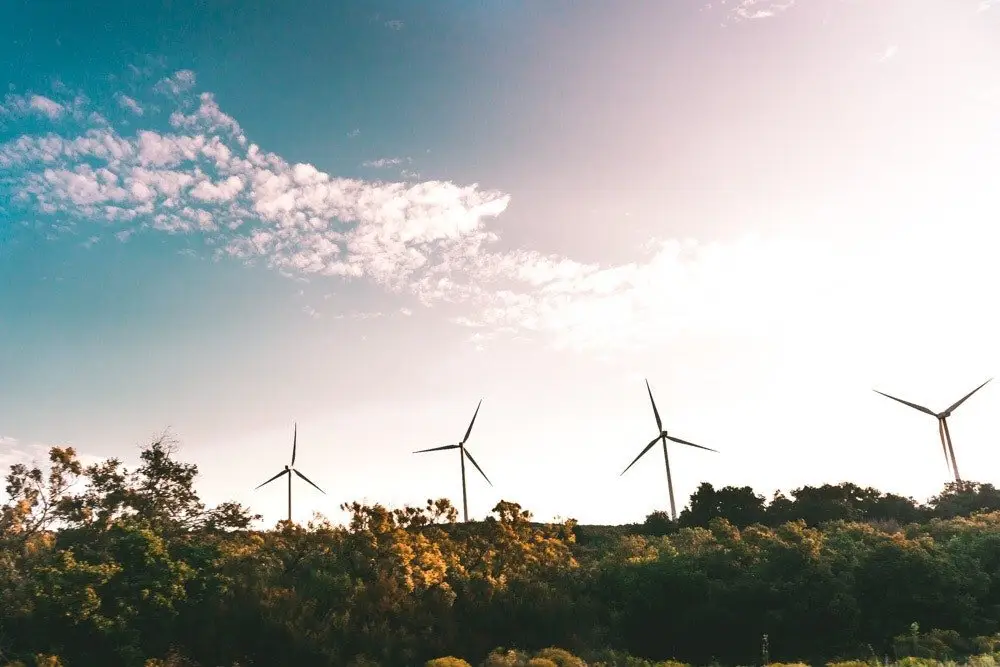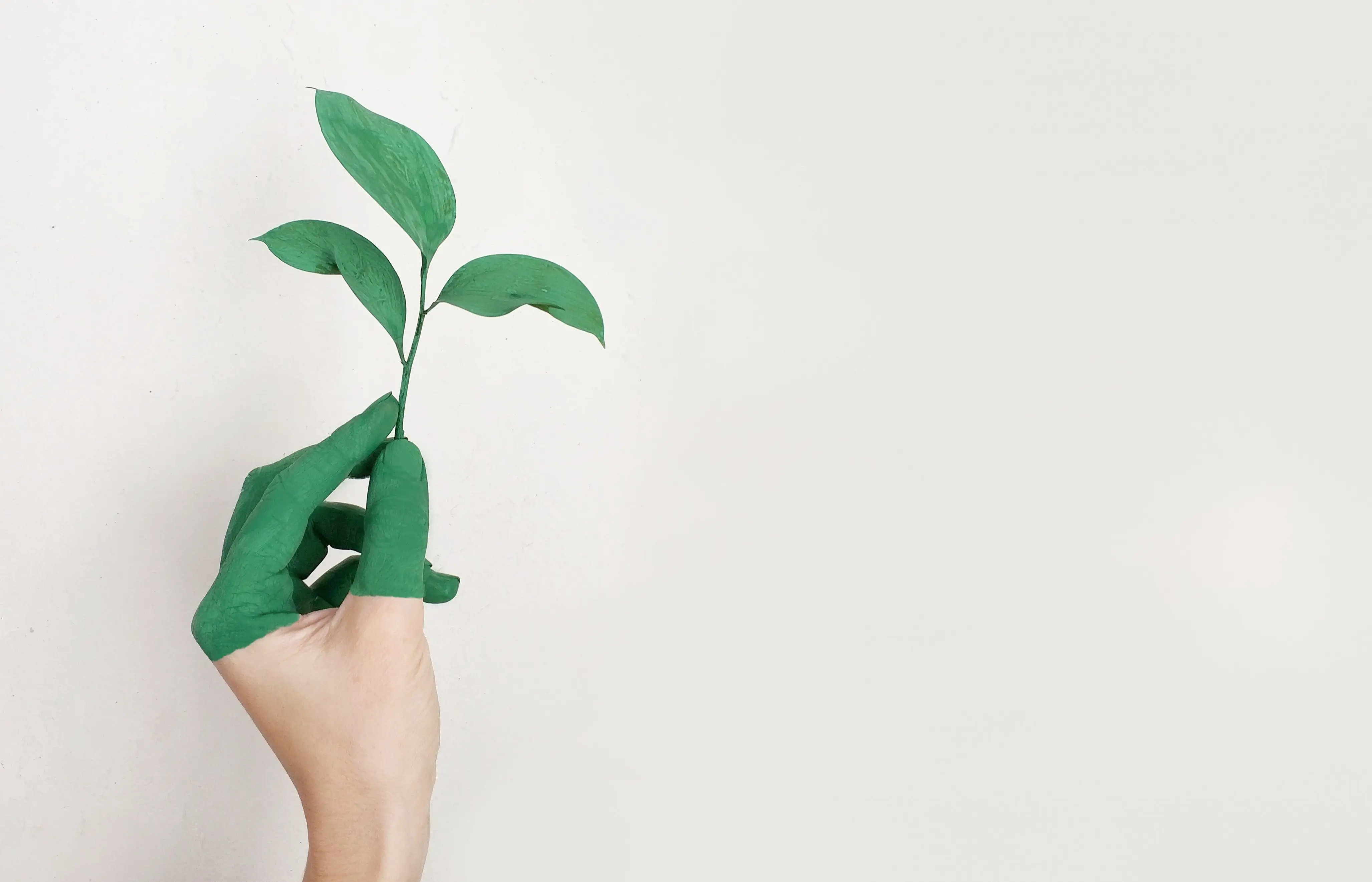I’m sure you’ve heard by now that the world is heating up. It’s heating up faster than one of those famous celebrity feuds on Twitter, except more people seem to care about those.
Animals are dying, ocean levels are rising, trash and plastic are strewn about on every available space, yet most of us continue living the same way we always have.
So what? What’s the big deal with that? How could one person’s habits possibly have an effect on the entire world?
Sure, one individual person may not have an enormous impact on the Earth as a whole on their own. However, when everyone thinks this way, and no one adjusts their habits, the Earth is left to deal with billions of people acting irresponsibly. The consequences of this are DIRE.
So, as important as it is for world leaders and major global companies to get on board with making sustainability a priority, it’s also important for individuals to do this as well. The more individuals that collectively commit to living consciously and sustainably, the less problems the environment will encounter.

What does sustainability mean?
Sustainability has two definitions:
1) the ability to be sustained, supported, upheld, or confirmed.
2) Environmental Science. the quality of not being harmful to the environment or depleting natural resources, and thereby supporting long-term ecological balance.
They both go hand in hand. Basically the entire premise of sustainability is to act Earth-consciously in ways that can be upheld throughout time without ruining the planet.
Are you a sustainable consumer?
Think about what you consume in just one day – food and water and/or other drinks are involved, obviously.
What kind of packaging does your food and drink come in? Do you use plastic utensils? What products or packaging are you using for your personal hygiene? Disposable razors, plastic shampoo or soap bottles, makeup products? What kind of gas mileage does your vehicle have? Do you use excessive electricity? What is your home’s heating source?

These are all things that you consume in just one day.
Now, think about what you consume in one week, month, or even a year. It all adds up, right?
There are activities you do every once in a while, like eating out, or going on a long road trip, that probably weren’t considered in your “every day” consumption.
It all adds up pretty quickly when you think about it – and you do need to think about it. Thinking before you consume or act is the easiest way to make more sustainable decisions.
I will post some articles about changes we can make to be more sustainable in our daily lives’ later on this month. But right now, I want to focus on the bigger picture of sustainability.
What are the goals of sustainability?
The World Summit on Social Development in 2005 came up with three focus points that are crucial to creating and maintaining sustainable development throughout the world.
1. Environmental Protection
This is the big goal. This pillar encompasses the science and research about our environment, our resources, and our consumption of resources.
What about the world’s habits should we focus on changing? How can we continue developing technology while also keeping our planet a priority?

2. Social Development
Social development is all about getting the word out. In order to reach a point of global sustainability, education and activism are absolutely crucial.
Not only do we need policies either changed or made in favor of sustainable development, but we need people to understand why it’s so important for that to happen. This also includes making sure people everywhere have sustainable access to basic needs without compromising quality of life.
3. Economic Development
Lastly, this pillar focuses on sustaining our economy in the most responsible way possible. Most businesses care about the bottom line, and that’s it.
If we can come up with ways to convince companies to care more about their resource consumption, we could really make some heavy changes. This includes more government incentives, more job training opportunities in green energy or technology, and subsequently creating more jobs in those fields.

Why does sustainability matter?
Sustainability matters because we want Earth to be around for a long time. We want our kids to live on a planet as beautiful as the one we have right now (or even more beautiful!).
Since the ongoing rapid advancement of technology since the Industrial Revolution, humans have taken natural resources for granted. We are no longer individually responsible for growing our own food, making our own clothes, or using horses for travel.
The developed world has taken on an “out of sight, out of mind” attitude concerning the production of everything we buy or consume. We tend to ignore the potential consequences of unsustainable and inefficient production processes for the sake of our own convenience.
If we don’t change this attitude, the Earth will suffer the repercussions. Humans have the power to either destroy or preserve our planet, and that’s why sustainability matters. If we choose sustainability, we choose to preserve the natural beauty and resources of this Earth.
Sources/Resources:
– https://www.environmentalscience.org/sustainability
– https://permaculturenews.org/2016/01/07/why-is-sustainability-important/
– http://www.sustainablefriends.com/what-is-environmental-sustainability-why-is-it-important/


61 Ways To Be More Sustainable - Life Lived Curiously
Tuesday 14th of April 2020
[…] These go hand in hand. Basically the entire premise of sustainability is to act Earth-consciously in ways that can be upheld throughout time without ruining the planet. Learn more about what sustainability is right here. […]